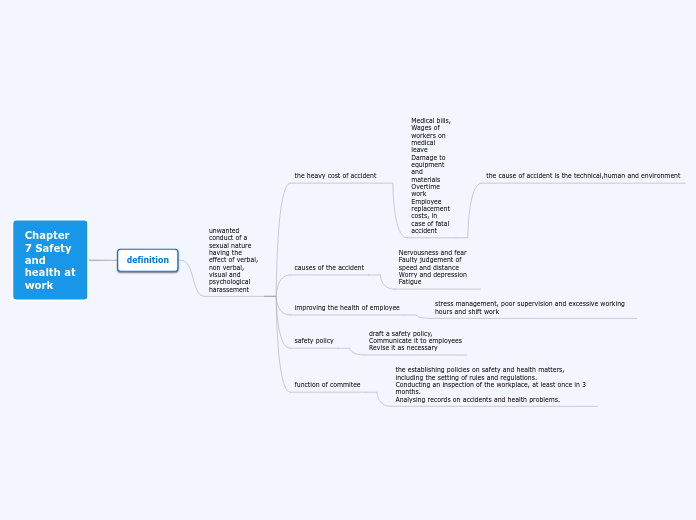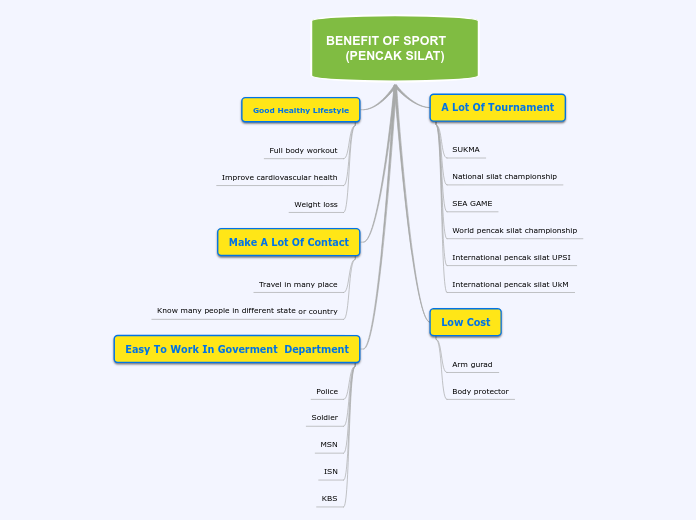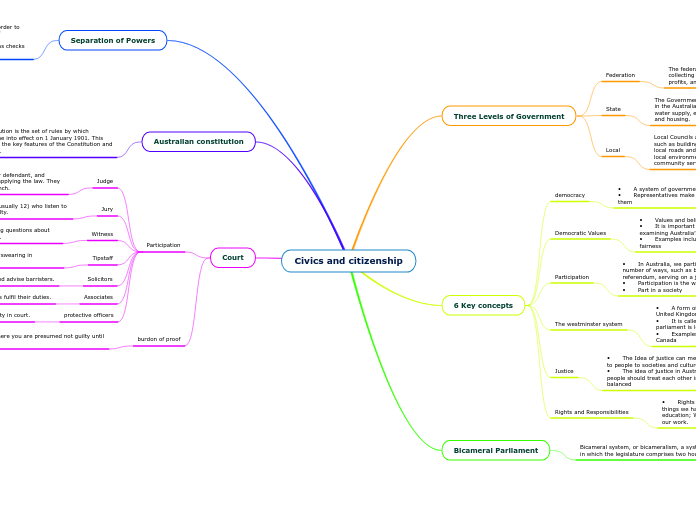SPAIN POLITICAL ORGANIZATION
Topic principal
Head of the state: The King: Philip VI
Judicial power.
(interpret and aply the law)
Tribunal constitucional.
Section 159
- 1. The Constitutional Court shall consist of twelve members appointed by the King. Of these, four shall be nominated by the Congress by a majority of three-fifths of its members, four shall be nominated by the Senate with the same majority, two shall be nominated by the Government, and two by the General Council of the Judicial Power.
- 2. Members of the Constitutional Court shall be appointed among magistrates and prosecutors, university professors, public officials and lawyers, all of whom must have a re- cognised standing with at least fifteen years’ practice in their profession.
- 3. Members of the Constitutional Court shall be appointed for a period of nine years and shall be renewed by thirds every three years.
- 4. Membership of the Constitutional Court is incompatible with any position of a representative nature, any political or administrative office, a management position in a political party or a trade union as well as any employment in their service, active service as a judge or prosecutor and any professional or business activity whatsoever. Incompatibilities for members of the Judicial Power shall also apply to members of the Constitutional Court.
- 5. Members of the Constitutional Court shall be independent and enjoy fixity of tenure during their term of office.
President
(Juan José González)
Judicial Power
Tribunal superior of the justicie of Castilla y León
Article 40.
- 1. The Superior Court of Justice of Castilla y León is the highest jurisdictional body of the Administration of Justice within the Community in all orders, with the exception of military jurisdiction, and covers all its territorial scope. Its organization, competencies and functioning will be adjusted to whatever state legislation provides.
- 2. The powers of the Superior Court of Justice of Castilla y León shall be exercised without prejudice to those that correspond to the Supreme Court as the highest jurisdictional
president (Jose Luis Concepción)
judicial power
provincial audience of zamora
judges
Tribunal supremo
Section 123
- 1. The Supreme Court, with jurisdiction over the whole of Spain, is the highest judicial body in all branches of justice, except with regard to provisions concerning constitutional guarantees.
- 2. The President of the Supreme Court shall be appointed by the King, on the General Council of the Judicial Powers’ proposal in the manner to be laid down by the law.
President
(Carlos Lesmes)
Execitive power.
(Implant laws and
gobern the state)
President.
Pedro Sanchez
Ministers
Goverment
Section 97
- 1. The Government shall conduct domestic and foreign policy, civil and military administration and the defence of the State. It exercises executive authority and the power of statutory regulations in accordance with the Constitution and the laws.
Section 98
- 1. The Government shall consist of the President, Vice-Presidents, when appropiate, Ministers and other members as may be created by law.
- 2. The President shall direct the Governments’ action and coordinate the functions of the other members thereof, without prejudice to the competence and direct responsability of the latter in the discharge of their duties.
- 3. Members of the Government may not perform representative functions other than those derived from their parliamentary mandate, nor any other public function not deriving from their office, nor engage in any professional or commercial activity whatsoever.
- 4. The status and incompatibilities of members of the Government shall be laid down by law.
Section 101
- 1. The Government shall resign after the holding of general elections, in the event of loss of parliamentary confidence as provided in the Constitution, or on the resignation or death of the President.
Votes of no confidence
Expresident.
Mariano Rajoy
Exministers
Legislative power.
(Create legislation)
congress
President.
Ana Pastor
cortes generales
Legislative power
Cortes de Castilla y león
President (Silvia)
diputación de zamora
Article 47.
- 1. The province, as a local entity, has its own legal personality and full capacity to manage its interests. Its government and administration are entrusted to the respective Provincial Diputation. It also constitutes a territorial division for the fulfillment of the purposes of the Autonomous Community.
- 2. The powers of the Provincial Diputations will be established by the basic legislation of the State and that of the Autonomous Community. In any case, the Provincial Diputations will exercise competences in the field of cooperation, advice and assistance
president
Senate
Section 69
- 1. The Senate is the House of territorial representation.
- 2. In each province, four Senators shall be elected by the voters thereof by universal, free, equal, direct and secret suffrage, under the terms to be laid down by an organic act.
- 3. In the insular provinces, each island or group of islands with a Cabildo or insular Council shall be a constituency for the purpose of electing Senators; there shall be three Senators for each of the major islands —Gran Canaria, Mallorca and Tenerife— and one for each of the following islands or groups of islands: Ibiza-Formentera, Menorca, Fuerteventura, Gomera, Hierro, Lanzarote and La Palma.
- 4. The cities of Ceuta and Melilla shall elect two Senators each.
- 5. The Self-governing Communities shall, in addition, appoint one Senator and a further Senator for every million inhabitants in their respective territories. The appointment shall be incumbent upon the Legislative Assembly or, in default thereof, upon the Self-governing Community’s highest corporate body as provided for by its Statute which shall, in any case, guarantee adequate proportional representation.
- 6. The Senate is elected for four years. The Senator's term of office shall end four years after their election or on the day on which the House is dissolved.
Subtema
President.
Pio Garcia
Main topic
Subtopic









